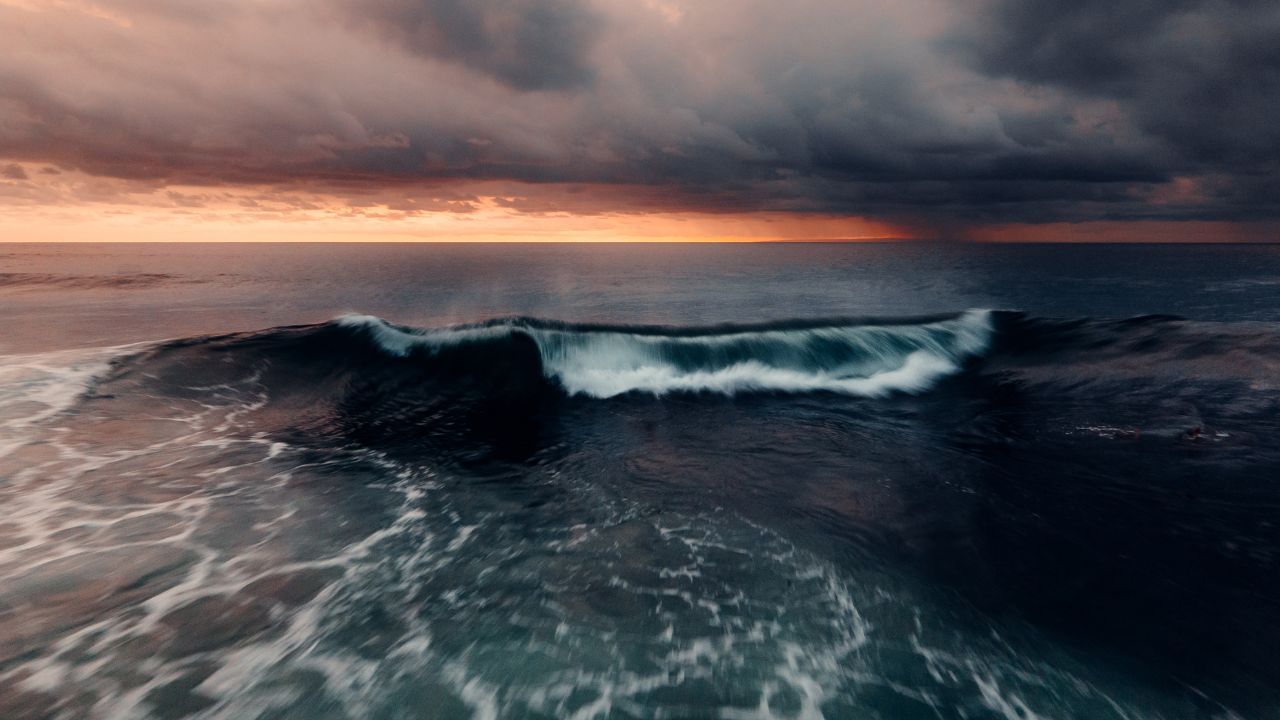Date first published: 18/09/2025
Key sectors: all
Key risks: armed conflict; regional conflict; organised crime
Risk development
On 15 September US President Donald Trump reported that three “confirmed narcoterrorists” were killed in a US military strike on a boat allegedly carrying drugs from Venezuela in the Caribbean Sea. This followed a similar US military strike on an alleged Venezuelan drug vessel in which 11 people were killed on 2 September. Trump claimed the 11 crew members were identified as belonging to the Tren de Aragua gang – designated a terrorist group by Washington in February. Caracas denied the victims had cartel ties, accused Washington of killing civilians and alleged that the video of the strike shared by Trump was artificial intelligence (AI)-generated.
Why it matters
The strikes mark a sharp escalation in US tactics against Venezuelan President Nicolas Maduro’s regime, with Trump hinting that operations targeting cartels at sea could be further expanded onto land. By using military force against alleged cartel assets, Washington is blurring the line between counter-narcotics policing and armed conflict – a shift that, if extended to land, would breach Venezuelan sovereignty and risk retaliation.
The labelling of Tren de Aragua and Cartel de los Soles as “narco-terrorists” intends to justify US military action. However, the legality of such operations under international law is highly contested, and even some US lawmakers across party lines have questioned whether Trump’s administration is exceeding its authority.
Trump has linked these cartels directly to Maduro and his inner circle. On 7 August Washington doubled its reward for information leading to his arrest to US$50m, alleging that he has led the Cartel de los Soles for over a decade and collaborated with Tren de Aragua and the Sinaloa Cartel. Maduro has accused Washington of “seeking regime change through military threat”, suggesting the US posture is aimed more at pressuring his government than counter-narcotics. Opposition leader Maria Corina Machado has stated that she believes Maduro’s days in power are numbered.
Background
US policy towards Venezuela has traditionally centred on diplomatic isolation, economic sanctions and support for opposition groups to weaken Maduro’s hold on power. While past administrations portrayed Caracas as authoritarian and corrupt, they avoided direct military force. Washington has imposed significant financial and oil sanctions, recognised Juan Guaido as interim president in 2019 and backed regional and European efforts to press for a democratic transition.
However, Maduro was sworn in for a disputed third term on 10 January 2024 following alleged interference in the 28 July 2024 election. His inauguration, which came a day after mass anti-government protests, prompted new sanctions from the US, Canada and EU on over 20 officials. Washington also raised its reward for Maduro’s arrest to US$25m. This came after on 1 August 2024 the US formally recognised opposition candidate Edmundo Gonzalez Urrutia as the winner of the election, rejecting Maduro’s claim of victory.
Risk outlook
Further US military action against alleged cartel targets is highly likely, with maritime operations expected to continue and potentially expand, raising the risk of clashes with Venezuelan forces. Strikes extending onto Venezuelan soil would represent a decisive escalation. Bilateral tensions will remain high, and close encounters at sea or in the air increase the chance that incidents could be misinterpreted, raising the risk of escalation.

